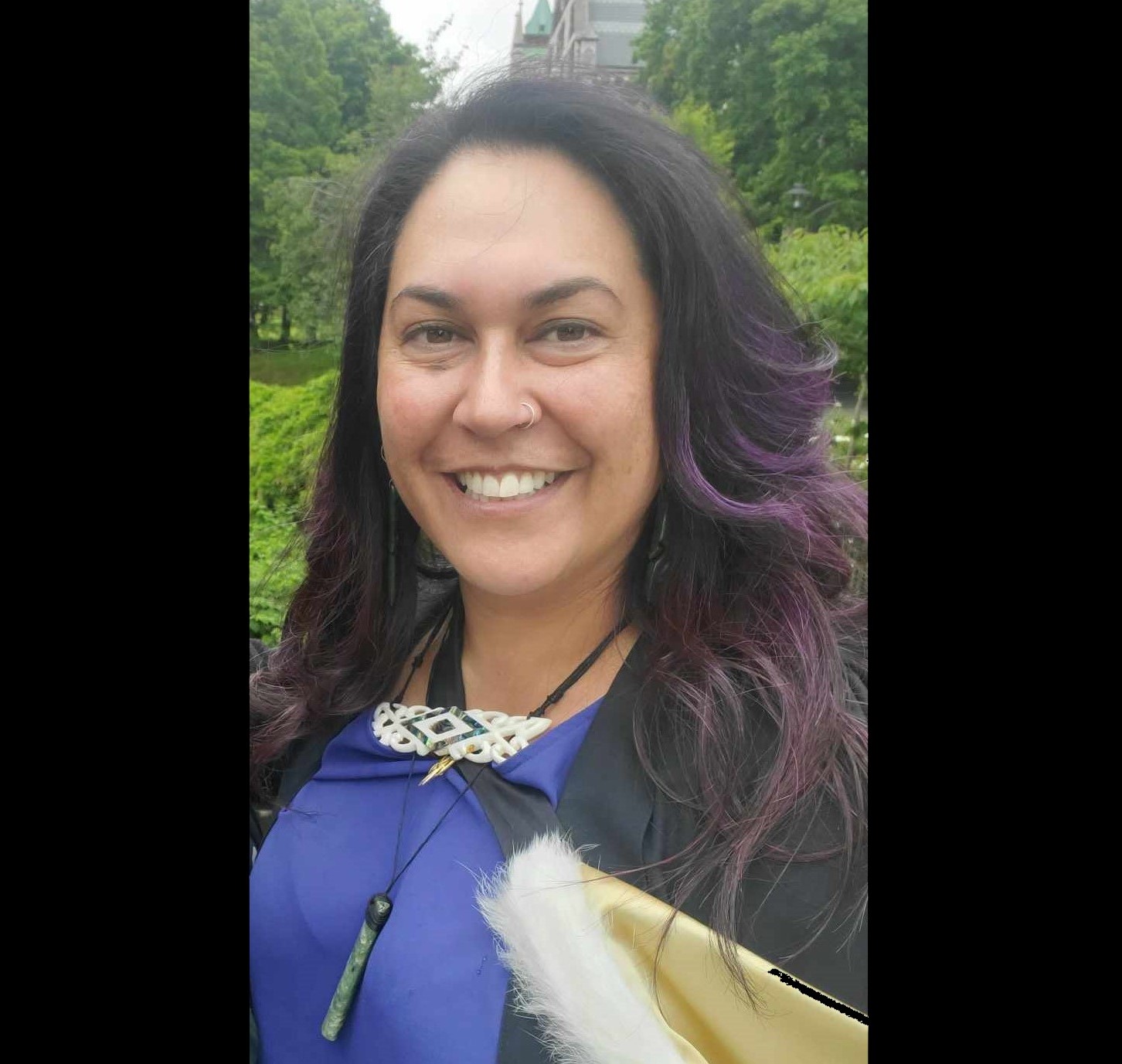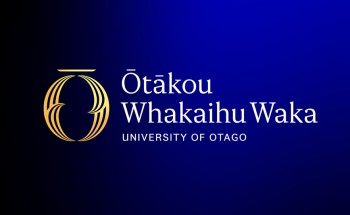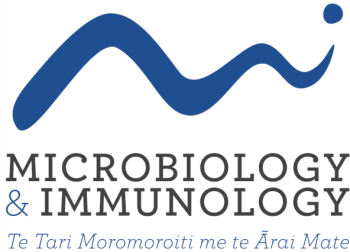Human-driven changes to landscapes—through agriculture, urbanisation, and wildlife trade—are intensifying interactions between wild birds, livestock, and people, facilitating the spillover of zoonotic viruses such as avian influenza and coronaviruses. Although many avian viruses remain asymptomatic in their natural hosts, shifts in host ecology can promote viral emergence, with significant implications for biodiversity, public health, and biosecurity.
This project aims to characterise the diversity and evolutionary potential of avian viruses in Aotearoa, investigating how ecological and environmental factors influence viral emergence, re-emergence, and cross-species transmission. It also seeks to uphold genomic data sovereignty through iwi consultation and collaborative research frameworks.
Employing metatranscriptomics, the study will use high-throughput sequencing and computational analyses to assemble and annotate viral genomes, estimate viral abundances, and estimate phylogenetic relationships. Both native and introduced species will be sampled across diverse ecological contexts, with an emphasis on detecting highly divergent virus and those more likely to facilitate host shifts.
>> FINAL REPORT SUMMARY (PDF) December 2025
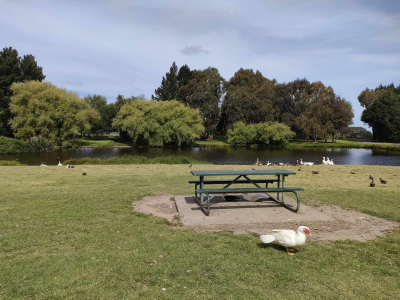 |
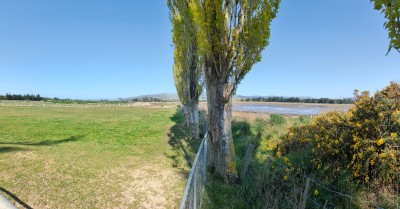 |
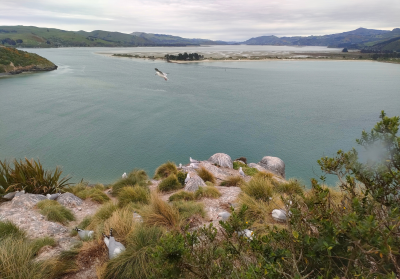 |

